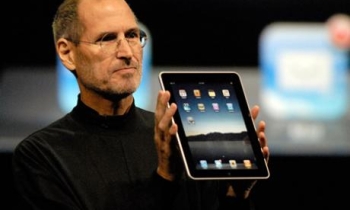At a blog conference held in Chennai last week, a prominently displayed banner read, “I killed the conventional media”.
The conference was held along the lines of numerous such events in the United States, where Internet companies pay top dollar to send their executives to listen to college kids talk about blogging.
This one was meant to trade techniques, share experiences and try and look at the future.
But the broader discussions invariably veered towards that favourite theme of all bloggers — will weblogs eventually replace the mainstream media?
In the acronym-obsessed cyber world, the mainstream media is called, somewhat derisively, MSM.
Bloggers claim — some may say hope — that their anarchic media will ultimately cause the demise of MSM, which is seen as a handmaiden of the evil corporate sector.
Blogs, on the other hand, are perceived as being more honest, connected to the grassroots and therefore uncorrupted and providing a truer take on issues.
It all sounds idealistic, but like many such idealisms, it is somewhat naïve, too. Blogs are, for the most part, instant outbursts of views and opinion and occasionally, first hand reportage by untrained writers who may be eyewitnesses to an incident.
This has its own value. But bloggers lack the rigour of fact-checking and do not have the built-in filters of newspapers to ensure that anything that is printed passes the litmus test of being accurate, objective, balanced and non-libellous.
That is one reason why people still trust and buy newspapers even in countries like the US where internet penetration is high. In India, where blogging is still in its infancy, newspaper circulation is actually growing.
At best, one can say that nobody can truly forecast the scenario five years from now, given the way the Internet is expanding.
Most of the top 10 Internet services today, notably Myspace, Flickr and Youtube, were not even on the radar five years ago.
Why, Google was just a college research project a decade back. Blogs are only one of the several exciting — but very powerful — media forms which techies have embraced.
Blogs have a service to perform: they encourage more democratisation of the media, have fewer entry barriers and a tendency towards absolute meritocracy. They allow anyone with a computer and an internet connection to express a point of view and also to vent and whine, if they so feel like doing. But, don’t write off that MSM right yet.









